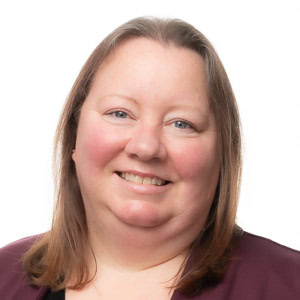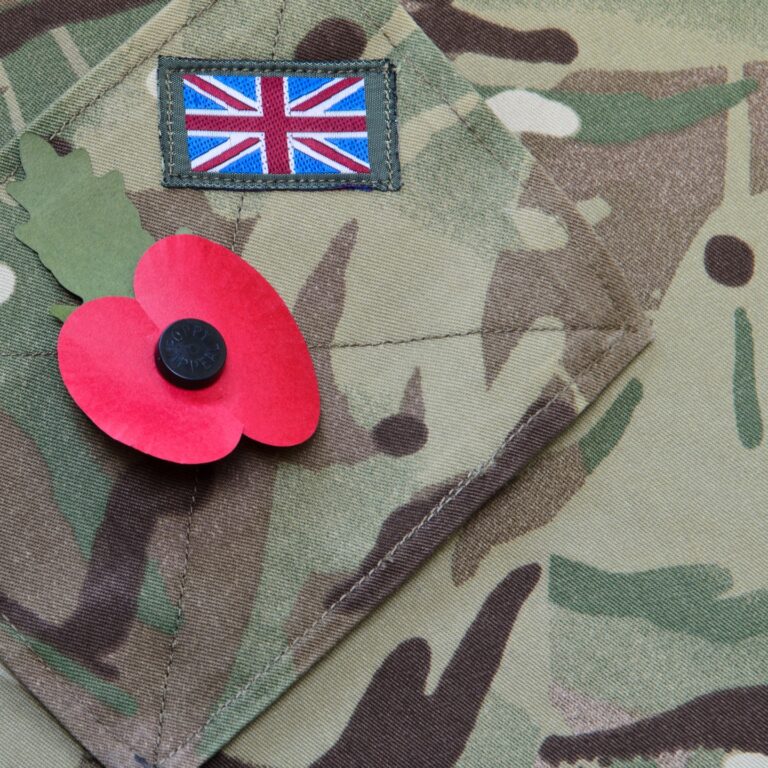
Are veterans with mental health issues being failed by the Armed Forces Compensation Scheme?
The newly-released UK Armed Forces Compensation Scheme Statistics for the last 20 years is a concerning read, with just a fraction of claims paid out for mental health disorders.
Of the 92,210 awards made under the scheme between 6 April 2005 and 31 March 2024 only 7% were for mental health and I think this suggests the system is not set up to protect the mental wellbeing of service personnel.
AFCS legislation requires mental health disorders to be diagnosed by a clinical psychologist or psychiatrist of consultant level. Article 47 of the legislation further requires claims are made under this scheme within seven years beginning with whichever is the earlier of the following days—
(a) the day the injury occurs
(b) the day an injury which is not caused by service is made worse by service
(c) the day the member’s service ends, or
(d) the day a member first seeks medical advice about an illness.
Unlike physical injuries, it can often take several months – even years – for the person to realise they need to, or can, seek help.
A study in 2019 found veterans can take around four years to seek help. I often hear – and have lived experience – of the stigma attached to attending the sick bay or medical centre for any reason while serving.
The comments from line managers and peers don’t help: “sickbay ranger”, “wibble”, “man up”, “zip up your man suit”, “crack on” – these all add to reasons why there can be a significant delay to reaching out.
Attending a primary care medical centre is likely to first involve ‘fresh cases’, seeing a general medical assistant for triage, followed by a doctor’s appointment. The Department of Community Mental Health (DCMH) follows in most cases and can lead to talking therapies led by community psychiatric nurses and counsellors.
Various mental health conditions can be indicated and often diagnosed at this stage but diagnosis is nurse or GP-led.
Having seen many sets of medical notes, there are times when service personnel have not been referred to DCMH – the specialists – yet someone presenting with a physical injury such as a broken bone or head injury is more likely to see a specialist including a consultant.
Is this lack of consultant-led care putting those with mental health disorders at a disadvantage?
A person can be medically discharged with a mental health condition even if that condition has not been diagnosed by a consultant. Surely if an AFCS claim cannot be accepted using this same process of diagnosis, it is wrong to discharge without a consultant diagnosis.
Within the NHS, mental health services are stretched to the limit with more and more veterans now seeking help through the charity sector. These services are also at capacity and sitting down with a consultant for a diagnosis can be impossible and, in many cases, take the claimant past the seven-year limitation period.
This limitation period is too short to accommodate today’s mental health support systems and protocols.
To level the field between physical and mental disorder claims, consultants should be readily available for timely diagnosis or, where not available, claimants should be able to claim back private health care fees where a claim is accepted because of now having that consultant diagnosis.
I have witnessed friends seek private consultant appointments costing upwards of £500 just so an AFCS claim will be accepted in time. This can put significant pressure on family or individual finances and is out of reach for so many.
Between a strict limitation period to make an AFCS claim and the necessity for an accepted mental health disorder to be provided by a consultant, there is a distinct disadvantage placed on mental health claimants compared to their physically injured peers.
Change needs to happen.










